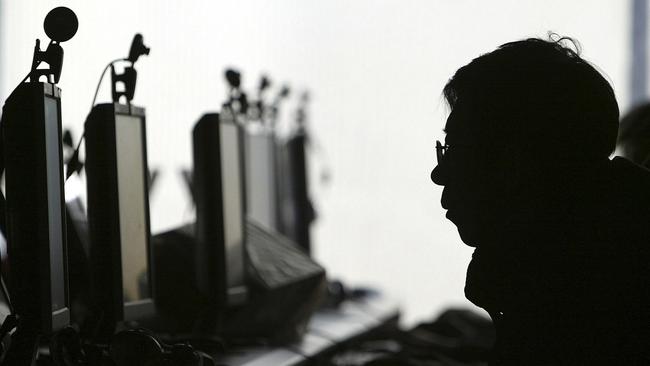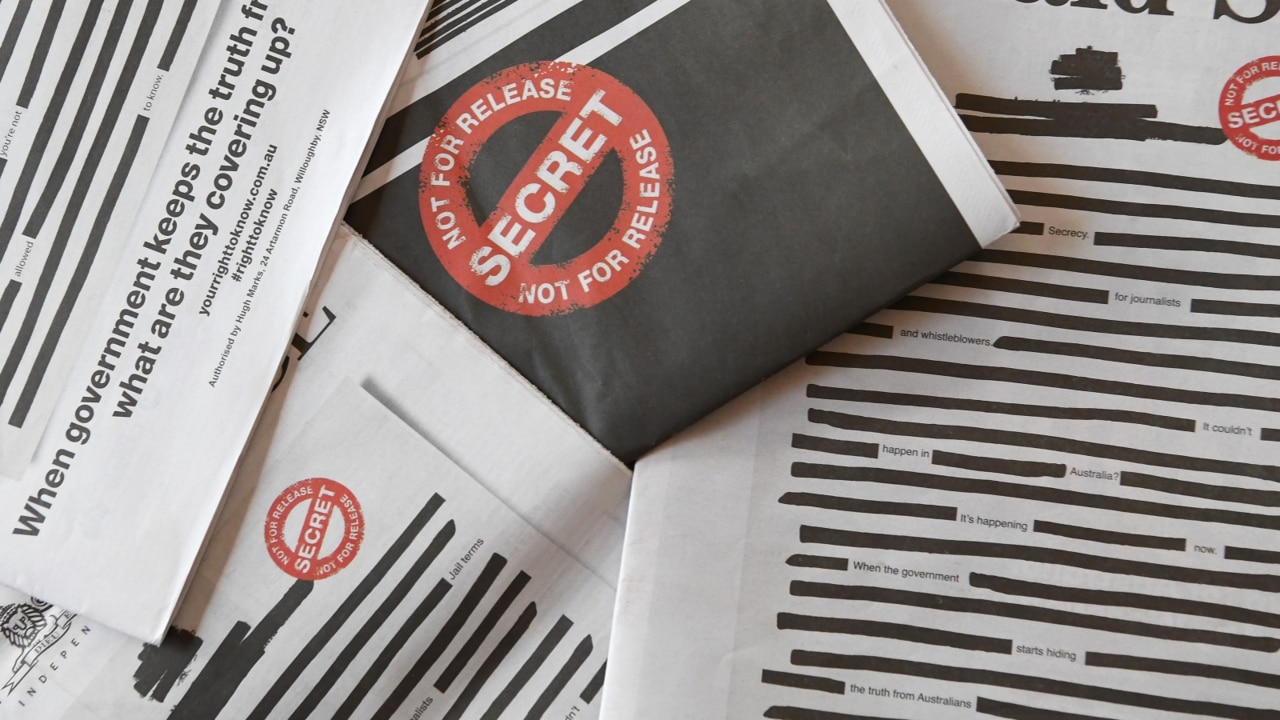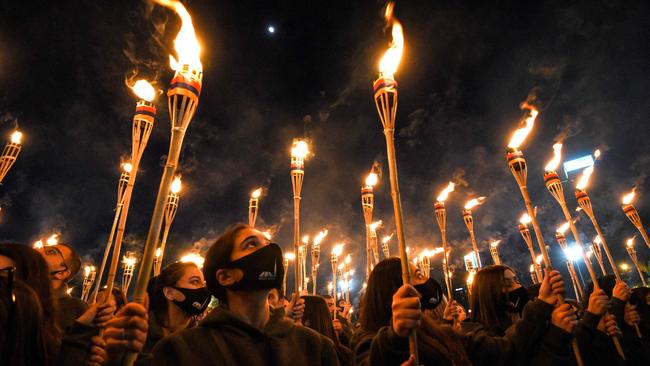Who decides what is false under Labor’s misinformation bill?

In another case before the court in 1951 Justice William O. Douglas said “When ideas compete in the market for acceptance, full and free discussion exposes the false and they gain few adherents. Full and free discussion even of ideas we hate encourages the testing of our own prejudices and preconceptions”.
It is the notion of full and free discussion that is completely contradicted by the proposed federal legislation on online content – the Combating Misinformation and Disinformation Bill 2023.

The draft legislation would effectively enable the Australian Communications and Media Authority to supervise social media platforms, such as Google and Facebook, to prevent the posting of what is described as “misinformation” and “disinformation”. Both are said to be false, misleading or deceptive and capable of causing serious harm to a significant portion of the Australian community, economy, environment or democratic process. The difference is that “disinformation” is published with the intent to deceive or cause serious harm.
One obvious problem about this kind of legislation is that it raises the question of who is to make the judgment that something is false, misleading or deceptive. But the even bigger problem is that contributions to public debate on political, social and economic issues are essentially matters of opinion and the suppression of opinions is a classic attack on freedom of speech. It is true that some expressions of opinion may appear improbable or lacking in evidence but, as Justice Douglas noted, these are likely to gain few adherents.
Take an example from modern history – what is often described as the Armenian genocide of 1916. There is a great deal of evidence that up to one million Armenians perished after being driven into the desert on the orders of the then Turkish regime. Every subsequent Turkish government, however, including the present one, has vehemently denied this allegation and it is possible to have some argument about how direct was the involvement of those in Turkish administration at the time.
It might be said that the Turkish community in Australia is harmed by the allegations and the Armenian community by their denials, given that one example of serious harm given in the commonwealth proposal is the incitement of hatred against a group in Australian society. Is the Turkish embassy in Australia to be prevented from disputing the events of 1916 because most historians take a contrary view?

Moving from history to the present, it does not take a great deal of imagination to see how the concept of harm to the Australian democratic process might be invoked in relation to statements made by politicians or other members of the community in the course of disputes about legislation affecting elections. And what about the scope for suggested harm to the environment in the context of statements made in the hotly contested debate over climate change?
The proponents of proposals to restrict freedom of speech are accustomed to say that it is not an absolute principle. Quite so, and no one has ever suggested it is.
Incitements to violence against individuals or groups in the community have always been a criminal offence under the common law and are an offence under various statutes as well. The law of defamation has long protected reputation and the law of contempt the administration of justice. Another example is legislation prohibiting the publication of material that would adversely affect national security. But it will be observed that none of these laws impinge on the expression of opinions, these being at the heart of public debate on political, social and economic questions.
One of the great fears of those who advocate legislation restricting freedom of speech seems to be that some people may be influenced by opinions contrary to those held by the advocates. If, of course, one believes one has a monopoly on the truth, then all contrary opinions are simply wrong and have no right to be expressed at all. This was a view commonly held in past centuries where those who dissented from the established religion were subject to various penalties, including on occasions being burnt at the stake. But Australia in 2023 is a pluralist parliamentary democracy where, it might be hoped, no one can claim a monopoly on the truth.
The commonwealth bill has been released for public comment so there is an opportunity for defenders of freedom of speech to point out the dangers of this proposal. It remains to be seen, however, what effect these warnings will have at a time when freedom of speech is not prized in this country in the way that it once was.
Michael Sexton’s latest book is Dissenting Opinions.






“The best test of truth is the power of the thought to get itself accepted in the competition of the market.” These were the words of Justice Oliver Wendell Holmes in a judgment of the US Supreme Court in 1919.